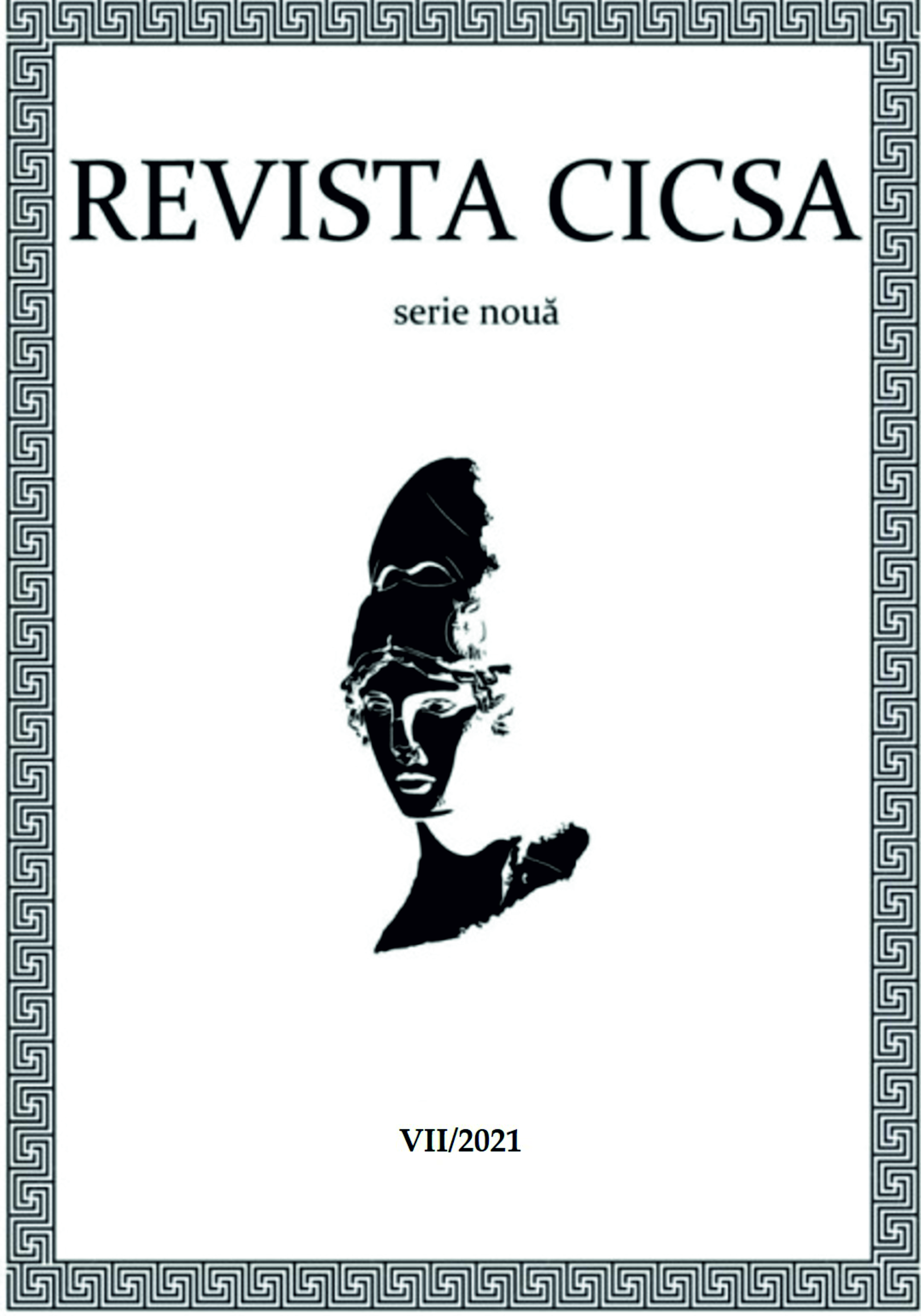LOI OU MORALE ? DEUX INTERPRÉTATIONS DE LA CORRUPTION POLITIQUE À L’ÉPOQUE PRÉ-IMPÉRIALE DE LA CHINE
LAW OR MORAL? TWO INTERPRETATIONS ON THE POLITICAL CORRUPTION DURING THE PRE-IMPERIAL PERIOD IN CHINA
Author(s): Daniela ZahariaSubject(s): History, Ancient World, Corruption - Transparency - Anti-Corruption
Published by: Centrul de Istorie Comparată a Societăților Antice
Keywords: Confucianism; Legalism; Han Feizi; Lü Buwei; Warring States;
Summary/Abstract: By the middle of the third century BC, the Chinese world was on the verge of a radical change: the existence of traditional kingdoms was about to end and unification within an empire had become inevitable. Two political and social visions, Confucianism and Legalism, compete for preferential access to the proverbial ‘prince's ear’, and the values and their practices seem to be diametrically opposed. We discuss these two visions around several passages from Han Feizi, Lunyu, Lüshi Chunqiu and Shi ji in which the conviction of criminal acts is correlated with the efficiency and success of the state. By proposing the primacy of universal law or, on the contrary, that of family loyalty, the two schools of thought support opposite models of political action and define two distinct typologies of political relations. In the last part of the commentary, we assess the impact of legal or moral norms on political practice, especially in the context of a series of events that led to the formation of the Empire under the leadership of Qin Shi Huangdi
Journal: Revista CICSA online, Serie Nouă
- Issue Year: 2021
- Issue No: VII
- Page Range: 5-22
- Page Count: 18
- Language: French

